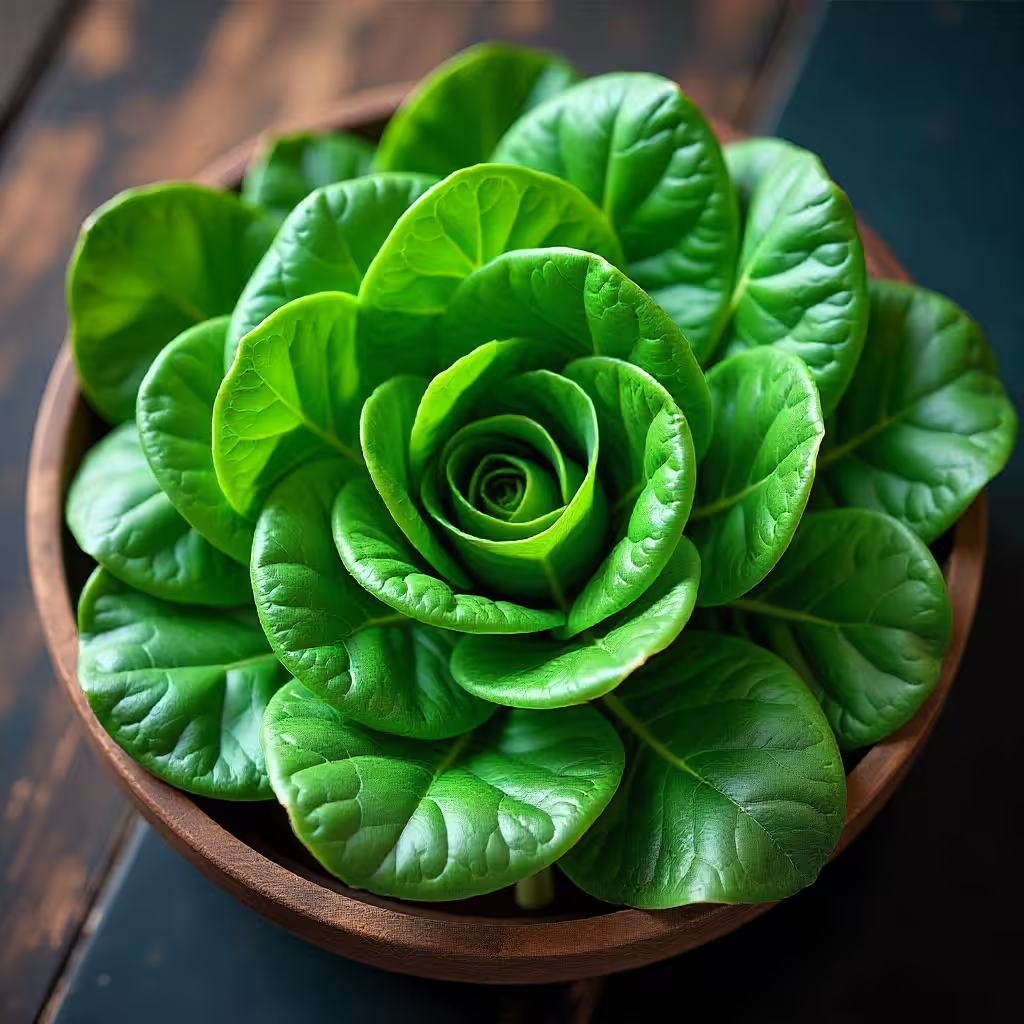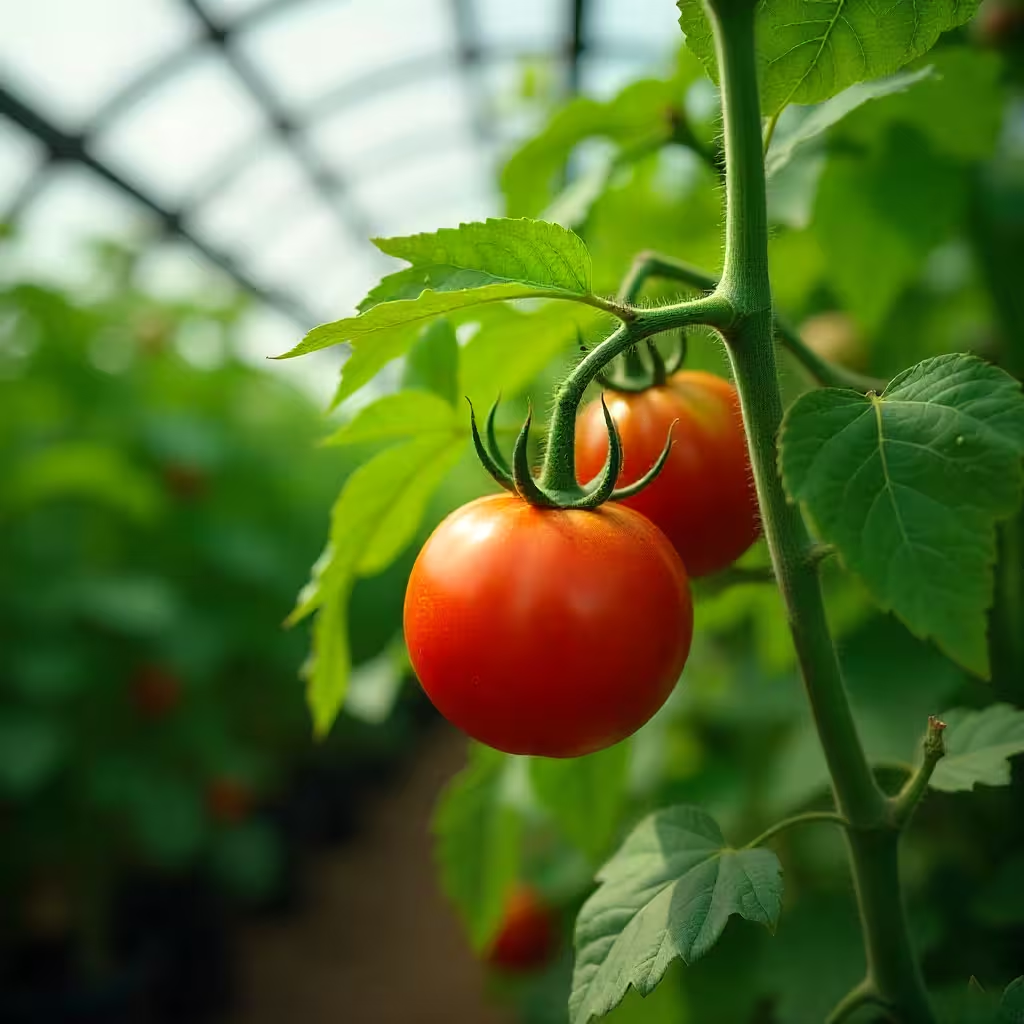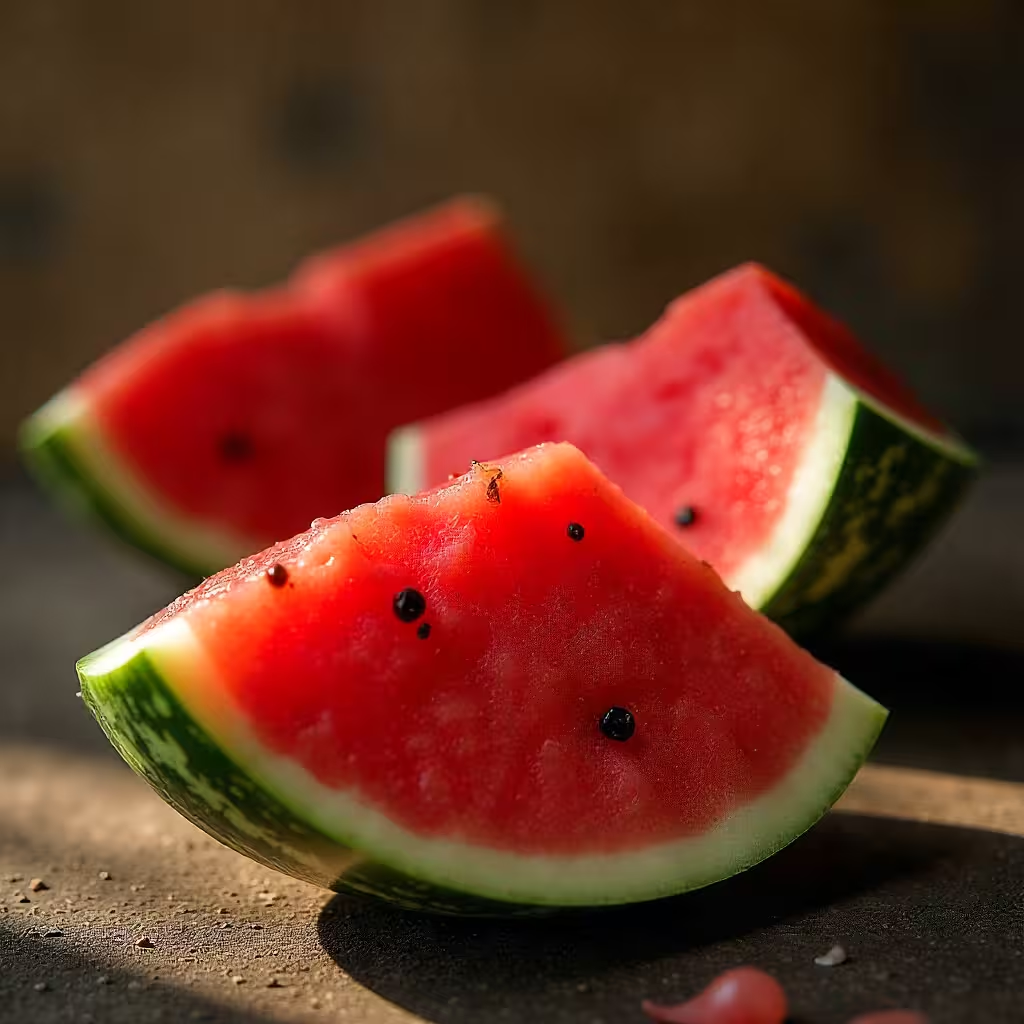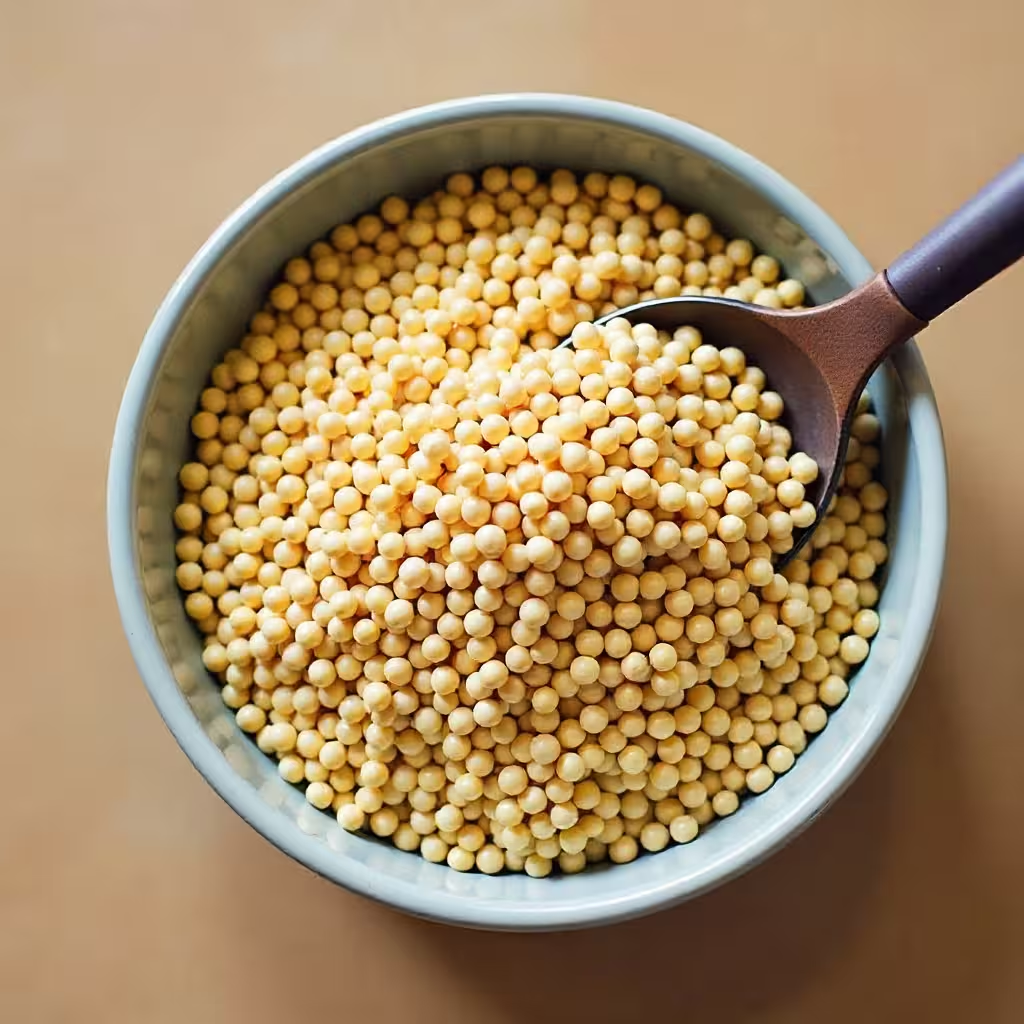Tomatoes: Hidden Benefits for Protected, Age-Defying Skin
Tomatoes are one of the most underestimated foods when it comes to maintaining youthful, healthy skin, yet they've been a dietary staple in Mediterranean regions famous for their populations with exceptionally beautiful complexions well into older age. These vibrant red fruits are nutritional powerhouses that deliver an impressive array of compounds specifically designed to protect your skin from the kind of damage that leads to premature aging, wrinkles, and uneven tone. The secret lies in their exceptional concentration of lycopene, one of the most potent antioxidants found in commonly consumed foods, along with a supporting cast of vitamins, minerals, and phytonutrients that work synergistically to defend and repair your skin. What makes tomatoes particularly valuable is their versatility and bioavailability—unlike many antioxidant-rich foods that lose potency when cooked, tomatoes actually become more beneficial for your skin when heated because the cooking process breaks down cell walls and makes lycopene significantly easier for your body to absorb and utilize. This means that whether you're enjoying fresh tomatoes in a salad or savoring a rich marinara sauce, you're giving your skin powerful tools to fight the visible signs of aging from within.
How Tomatoes Defend Your Skin Against Sun Damage and Photo-Aging

Sun exposure is the single greatest external factor in skin aging, responsible for approximately eighty to ninety percent of visible aging changes including wrinkles, spots, and textural damage. Tomatoes offer remarkable protection against this photo-aging through their dense concentration of lycopene, which functions as an internal sunscreen by neutralizing the free radicals generated when UV radiation strikes your skin. When you consume tomatoes regularly, lycopene accumulates in your skin tissues and provides continuous antioxidant defense that works twenty-four hours a day, unlike topical sunscreen that wears off and needs frequent reapplication. Clinical studies have demonstrated that people who consume tomato paste daily for several weeks show measurable increases in their skin's natural sun protection factor, meaning their skin becomes more resistant to UV-induced redness and inflammation. This doesn't mean you can skip external sun protection, but it adds a crucial additional layer of defense that helps prevent the DNA damage, collagen breakdown, and pigmentation irregularities that characterize sun-damaged skin. The beta-carotene in tomatoes further enhances this protective effect by absorbing light in the blue-violet spectrum and quenching singlet oxygen, another damaging molecule produced during sun exposure that accelerates the degradation of your skin's structural proteins.
Tomatoes' Role in Preserving Collagen and Skin Elasticity

The aging process naturally leads to decreased collagen production and increased breakdown of existing collagen, resulting in the sagging, thinning, and wrinkling that we associate with mature skin. Tomatoes help combat this decline through multiple mechanisms that protect your existing collagen while supporting the conditions necessary for new collagen synthesis. The lycopene in tomatoes has been shown to inhibit matrix metalloproteinases, the enzymes responsible for breaking down collagen and elastin in your skin's dermal layer. By reducing the activity of these destructive enzymes, tomatoes help your skin maintain its structural integrity for longer periods, preserving the firmness and bounce that characterize youthful complexions. Additionally, tomatoes provide substantial amounts of vitamin C, an absolutely essential cofactor in collagen production that your body cannot manufacture on its own. A medium tomato delivers about forty percent of your daily vitamin C needs, and because tomatoes also contain other supportive nutrients like vitamin K and potassium, this vitamin C is utilized more efficiently than isolated supplements. The combination of collagen protection and collagen support means that regular tomato consumption helps maintain the delicate balance your skin needs to resist gravity, environmental stress, and the natural thinning that makes older skin more fragile and prone to visible damage.
Tomatoes as Natural Fighters Against Skin Inflammation and Redness

Chronic low-grade inflammation is now recognized as one of the fundamental drivers of accelerated aging throughout the body, and it manifests in your skin through persistent redness, sensitivity, enlarged pores, and a generally uneven, irritated appearance that makes you look older and tired. Tomatoes contain powerful anti-inflammatory compounds that help calm this systemic inflammation at its source, leading to visible improvements in skin clarity and tone. The lycopene and other carotenoids in tomatoes work together to reduce inflammatory markers in your bloodstream, which ultimately decreases the inflammatory responses in your skin tissues. This is particularly beneficial for people dealing with conditions like rosacea, acne, or generalized redness that makes complexions appear blotchy and aged. Tomatoes also contain naringenin, a flavonoid with demonstrated anti-inflammatory properties that helps regulate the immune responses in your skin, preventing the kind of overactive inflammation that damages healthy tissue while trying to address perceived threats. The vitamin C in tomatoes further supports this anti-inflammatory effect by acting as a powerful antioxidant that neutralizes the free radicals often responsible for triggering inflammatory cascades. Many people notice that after several weeks of regular tomato consumption, their skin appears calmer, more even-toned, and has that clear, translucent quality associated with healthy, youthful complexions rather than the ruddy, congested appearance that characterizes inflamed, prematurely aged skin.
Tomatoes and Their Support for Even Skin Tone and Reduced Hyperpigmentation
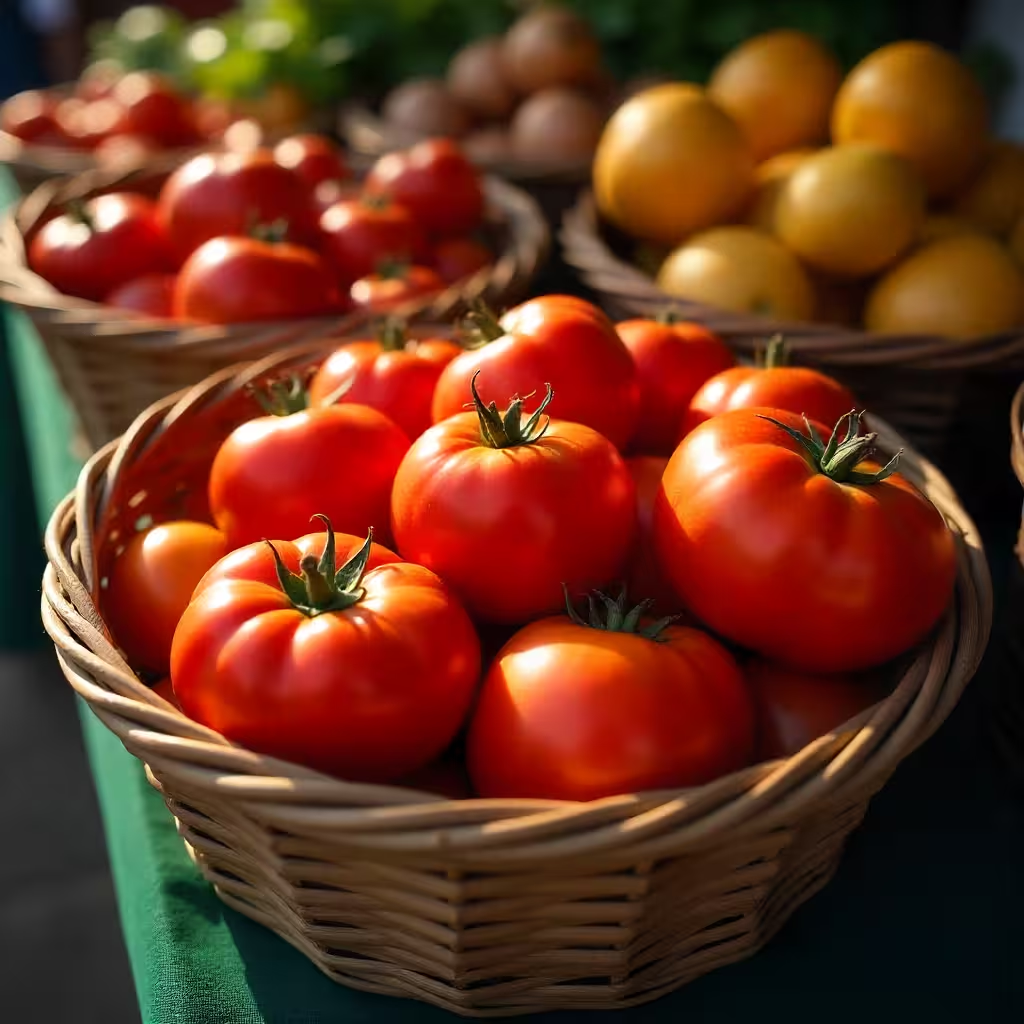
One of the most visible signs of aging skin is the development of uneven pigmentation—those brown spots, sun spots, and patches of discoloration that make complexions appear older and less radiant. Tomatoes offer meaningful support in preventing and reducing this hyperpigmentation through their antioxidant compounds that interfere with the processes leading to excess melanin production and deposition. When your skin is exposed to UV radiation or experiences inflammation, it triggers increased melanin synthesis as a protective response, but this often results in uneven, blotchy areas that persist long after the triggering event has passed. The lycopene in tomatoes helps prevent this cascade by neutralizing the free radicals that signal your melanocytes to produce excess pigment, essentially interrupting the process before those dark spots can form. Research has shown that regular lycopene consumption is associated with more even skin tone and reduced appearance of existing age spots over time. The vitamin C in tomatoes provides additional brightening benefits by interfering with tyrosinase, the enzyme responsible for converting amino acids into melanin, helping to naturally lighten areas of hyperpigmentation while preventing new spots from developing. The niacin present in tomatoes also supports healthy cell turnover, helping your skin shed pigmented cells more efficiently and reveal fresher, more evenly toned skin beneath, giving your complexion that luminous, consistent appearance characteristic of younger skin.
Maximizing Tomatoes' Anti-Aging Benefits Through Smart Preparation and Consumption

Getting the most skin-enhancing benefits from tomatoes requires understanding how to prepare and consume them for optimal nutrient absorption and bioavailability. While fresh tomatoes certainly provide valuable nutrients, cooked tomatoes deliver significantly more accessible lycopene—studies show that cooking can increase lycopene bioavailability by up to five times compared to raw consumption. This means that tomato sauce, paste, soup, and roasted tomatoes are actually superior choices for anti-aging benefits. Aim to include tomato-based dishes in your diet at least four to five times per week, with serving sizes of about one cup of cooked tomatoes or half a cup of concentrated tomato paste providing optimal lycopene levels. Because lycopene is fat-soluble, always pair tomatoes with healthy fats like olive oil, avocado, or nuts to dramatically enhance absorption—the Mediterranean tradition of combining tomatoes with olive oil is nutritionally brilliant for skin health. Choose organic tomatoes when possible, as they contain higher levels of beneficial compounds and lack the pesticide residues that can interfere with your skin's detoxification processes. Vine-ripened tomatoes offer superior nutritional content compared to those picked green and ripened artificially, so seek out locally grown, in-season tomatoes during summer months when their lycopene and vitamin content peaks. Most people begin noticing improvements in skin tone, reduced sensitivity to sun, and better overall texture after about eight to twelve weeks of consistent tomato consumption, as lycopene gradually accumulates in skin tissues and provides increasingly effective protection against the environmental stressors that accelerate visible aging.


